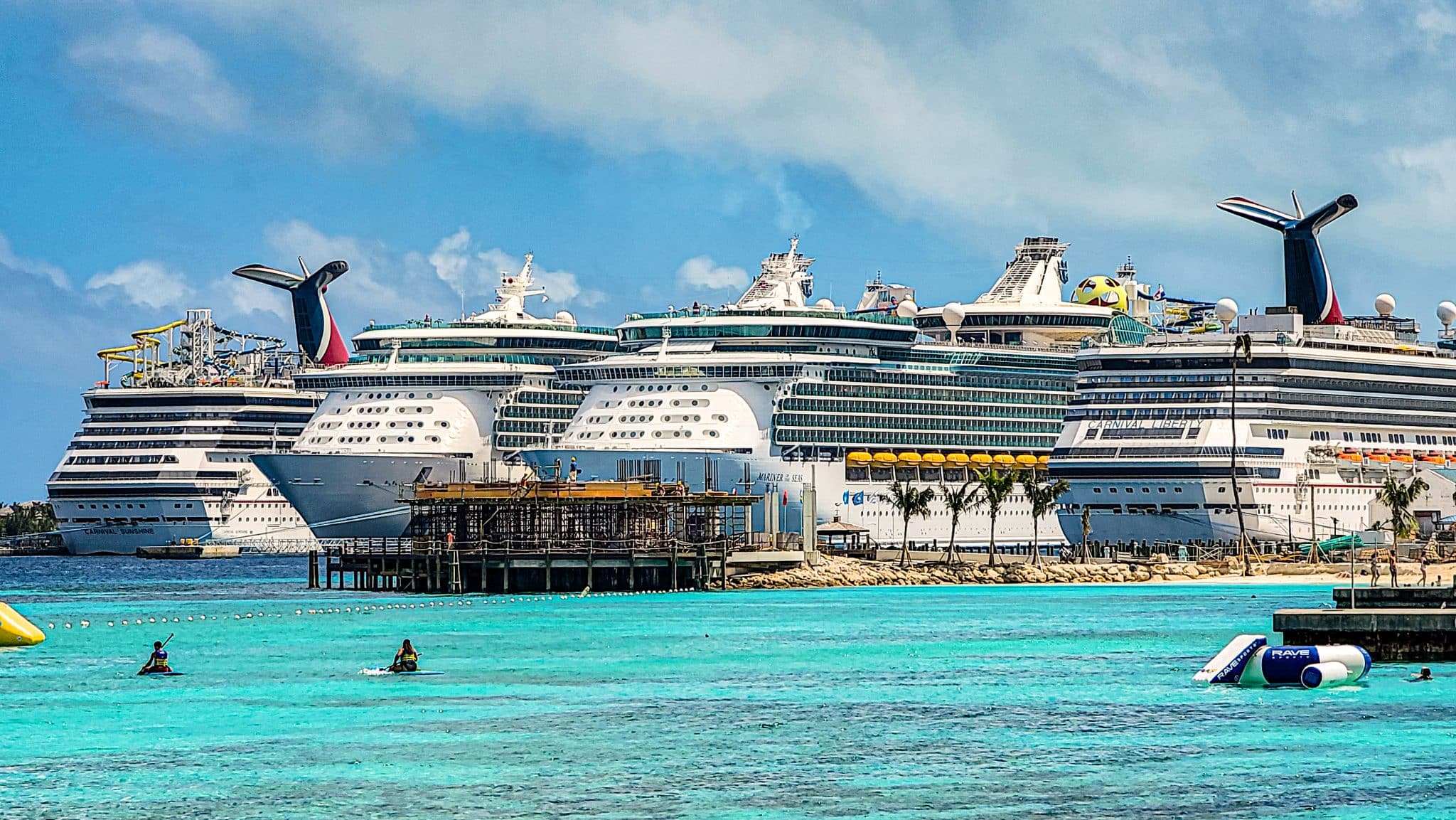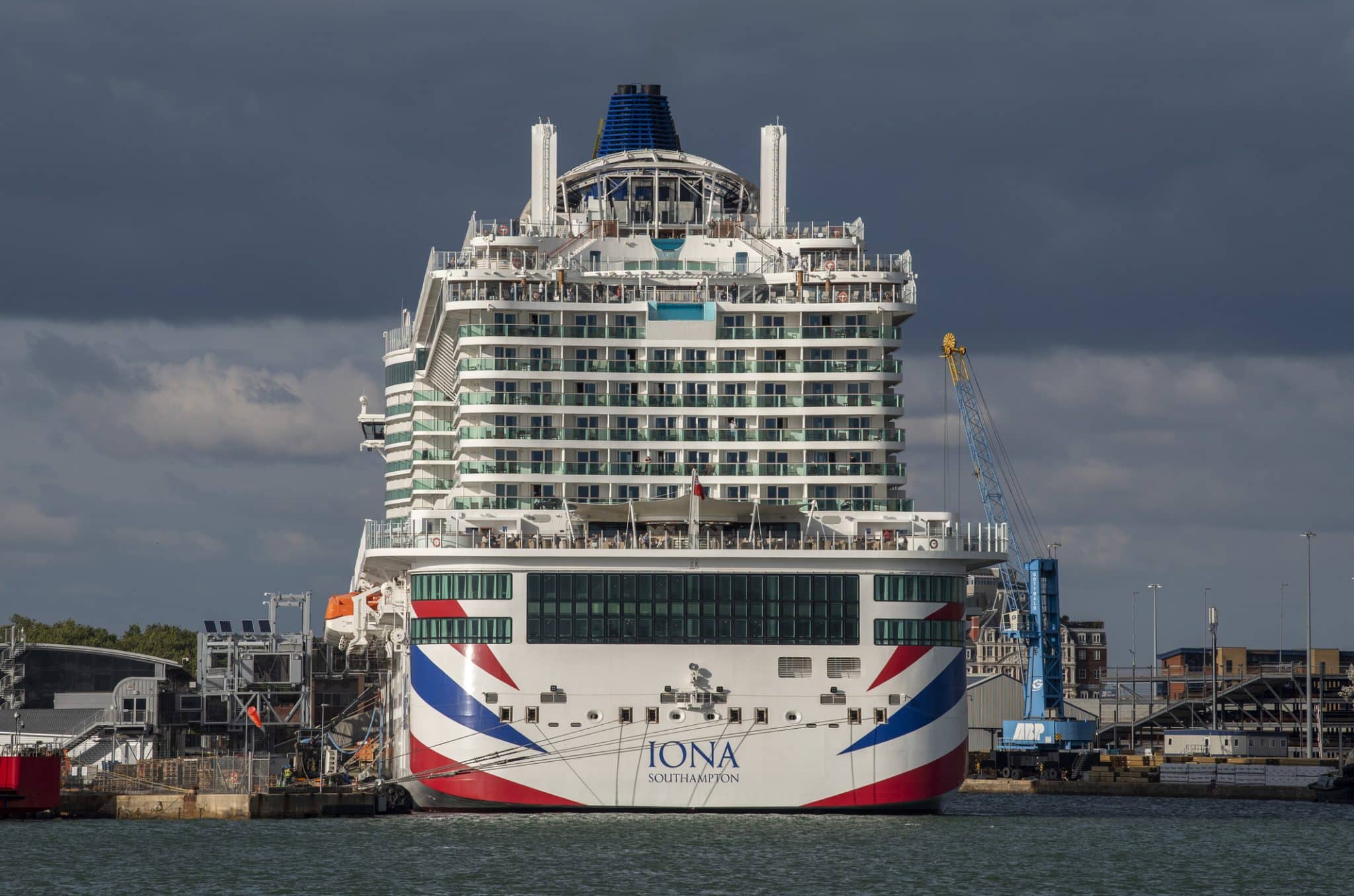Juneau Considers Seasonal Taxes Throughout Busy Cruise Season

With 1.7 million cruise visitors crusing to Juneau, Alaska, each summer season, the Juneau Meeting has recognized a option to enhance the town’s income.
The native authorities is shifting ahead with a proposal for a brand new seasonal tax that may be put in place from April by September yearly, which coincides with the height cruise season.
Throughout these months, the gross sales tax could be hiked as much as 7.5%. For the rest of the 12 months (October to March), the tax would then drop to three.5%.
For context, the gross sales tax is presently set at a flat 5% year-round, so this could be a reasonably vital change.
If the proposal makes it to the poll and is handed, lawmakers have prompt an implementation date of January 1, 2026.
The proposal is finally meant to attempt to steadiness the overwhelming impacts of cruise tourism on the local people in the course of the excessive season with the chance for financial acquire that might be put again into sustaining and enhancing Juneau.
“In what’s an more and more seasonal economic system, it is sensible to seize most yield when you might have all these of us on the town,” Meeting Member Alicia Hughes-Skandijs informed KTOO.
Meeting Member Neil Steininger has additionally beforehand said that the plan would finally decrease the price of dwelling for the greater than 31,000 individuals who reside in Juneau.
This additionally wouldn’t be the primary time a system of this nature has been applied in Alaska, as different common cruise ports like Ketchikan, Sitka, and Skagway all use a seasonal gross sales tax system.
The town of Ketchikan has a gross sales tax fee of 8% from April to September, which drops to five.5% between October and March.
Sitka’s seasonal tax enhance is extra average, with taxes set at 6% from April 1 to September 30 and 5% for the remainder of the 12 months.
Lastly, Skagway has a gross sales tax of 5% for these identical peak months, which decreases to three% from October to March.
Later in July, the finance committee will hear public touch upon the proposal earlier than making the ultimate resolution on if it must be added to the poll for the 2025 municipal election in October.
How Will Seasonal Taxes Affect Cruisers?
Many individuals, between cruisers and locals, will not be pleased with this information.
Since a partial exception was revoked in 2022, the cruise traces have been on the hook for gross sales tax in Juneau, Alaska, for transactions occurring throughout the Gastineau Channel.
This can be a key waterway in southeastern Alaska that separates the mainland from Douglas Island close to Juneau, and lots of cruise ships do use this channel to attain the Juneau Cruise Port.
If the cruise traces should pay larger gross sales tax, they could then go the expense onto their passengers by elevated costs on new reservations.

Moreover, because of this shore excursions, searching for souvenirs, and even shopping for meals or drinks whereas visiting the port would grow to be a bit dearer for passengers.
Learn Additionally: Alaska Cruise Ports: What Are Your Choices?
All that stated, future visitors shouldn’t fear an excessive amount of concerning the seasonal tax, as we gained’t know if it is going to go for a number of months.
The proposal can also be revised or won’t go in any respect relying on the general public reception, which hasn’t been totally optimistic.
Some locals expressed that they felt they have been being penalized for an over abundance of cruise tourism.
It’s value noting that there’s presently a every day restrict of 5 massive cruise ships within the port, with the variety of passengers capped at 16,000 on Sundays although Fridays and 12,000 on Saturdays.
“It should decrease the price of dwelling in the course of the winter. In the summertime it screws us over if now we have to purchase something,” one resident stated.
“Why not simply up the docking charges for the cruise ships and never burden the individuals who dwell right here,” one other questioned.
Others who depend on tourism for his or her livelihoods felt that this was an “anti-tourist” push that went a step too far.
Supply hyperlink




